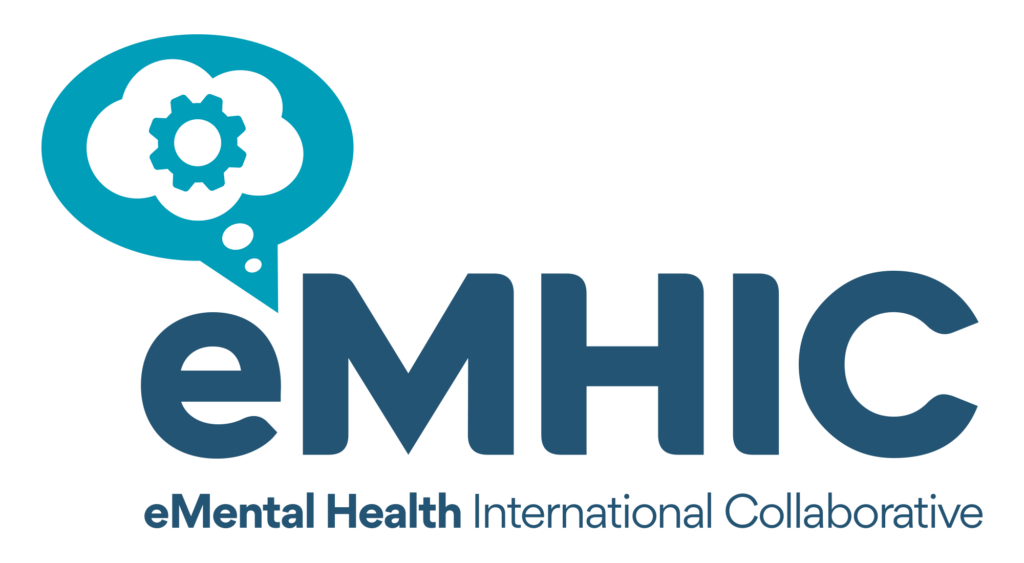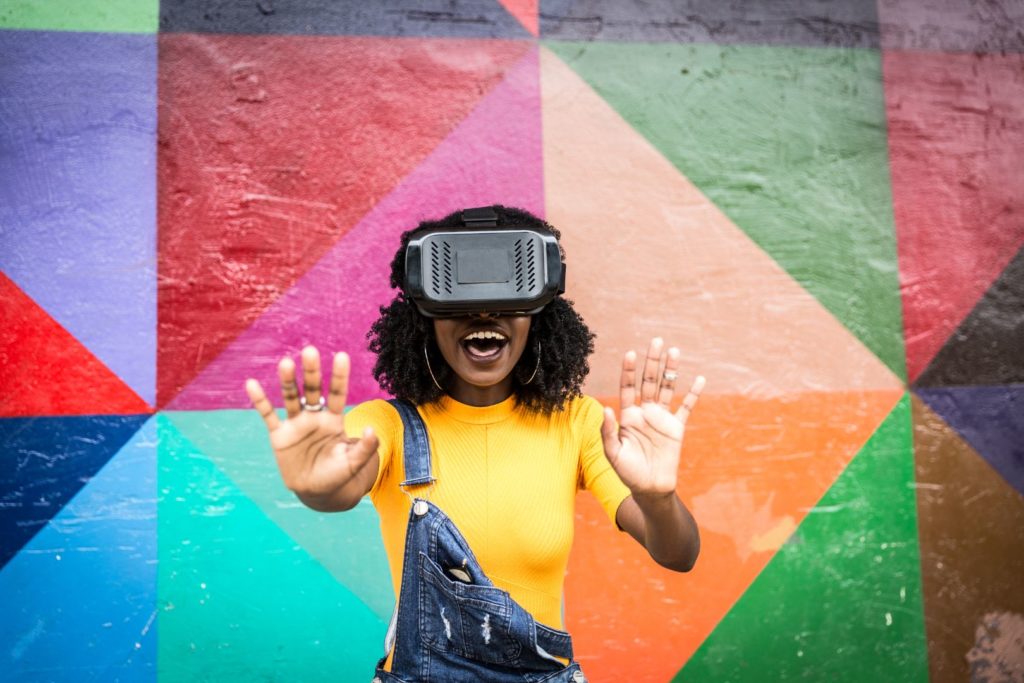In August 2022, Teni* was rushed to the Lagos University Teaching Hospital (LUTH) due to a life-threatening medical condition. The 14-year-old girl was diagnosed with sepsis, an extreme reaction to an infection, which if not treated promptly, could lead to organ failure, tissue damage or death.
After two weeks of regular treatment and care, Teni had made significant progress in recovery. Dr Ugonna Fakile and her team who attended to Teni felt it was time to discharge the teenager. But there was a challenge: Teni’s mood wasn’t improving and there were concerns that there might be something else wrong with her.
“We noticed that when we suggested that she should go home, she’ll just be dull and unresponsive,” Fakile, a consultant Haematology Paediatrics Oncologist at LUTH, told TechCabal over a call. “This was concerning because ideally, patients have to be ready to be discharged from the perspective of the doctor and the patient. When you notice that the child’s mood is still down, you don’t want to seem like you’re pushing the child, so you ask the child to stay and you pay attention in case you’re missing anything.”
Fakile kept on paying attention to Teni’s low mood, hoping for a positive change. This change finally came after a particular hospital exercise. Suddenly, Teni was more responsive and ready to go home. What changed?
Teni had participated in a virtual reality (VR) exercise organised by the Arts In Medicine Projects. The outreach which was led by Kunle Adewale, the founder of Arts in Medicine projects, offered the patients in the pediatrics ward the opportunity to tour countries like Canada, India, and the US, perform guided dance and meditation sessions, as well as swim with dolphins.




